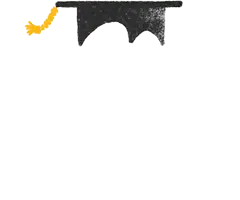Part 4Interest, relief, penalties and offences, rights of objection, and rights to challenge
Borrower's right to object to loan manager about details of loan advances
171Right to apply to Disputes Tribunal or District Court
Subsection (2) applies if an objection under section 167 that the chief executive is required to determine under section 169 is not wholly allowed by the chief executive.
The objector may, within 30 days after the date on which the chief executive notifies the objector of the decision under section 170(2)(a), either—
- apply to the Disputes Tribunal for determination of the dispute if the amount in dispute is within the financial jurisdiction of the Disputes Tribunal; or
- apply to the District Court for determination of the dispute.
A Referee of the Disputes Tribunal or a District Court Judge, as applicable, may extend the time allowed under subsection (2) for applying to the Disputes Tribunal or District Court.
No objection to which section 167 or 169 applies may be heard and determined by the Disputes Tribunal or the District Court.
Subsection (4) applies—
- despite anything in the Disputes Tribunal Act 1988 or the District Court Act 2016; but
- subject to subsections (1) and (2).
Compare
Notes
- Section 171(2)(a): amended, on , by section 261 of the District Court Act 2016 (2016 No 49).
- Section 171(2)(b): amended, on , by section 261 of the District Court Act 2016 (2016 No 49).
- Section 171(3): amended, on , by section 261 of the District Court Act 2016 (2016 No 49).
- Section 171(4): amended, on , by section 261 of the District Court Act 2016 (2016 No 49).
- Section 171(5)(a): amended, on , by section 261 of the District Court Act 2016 (2016 No 49).


